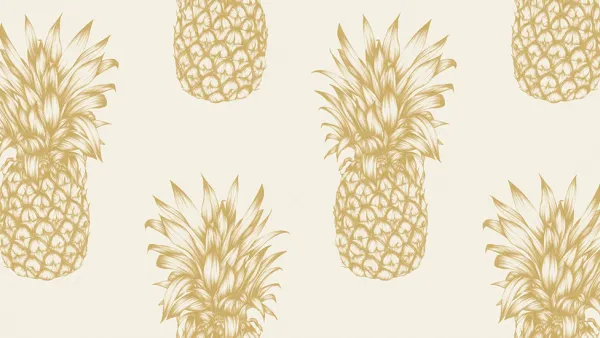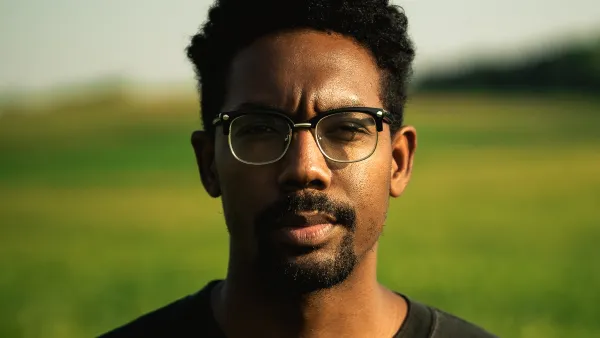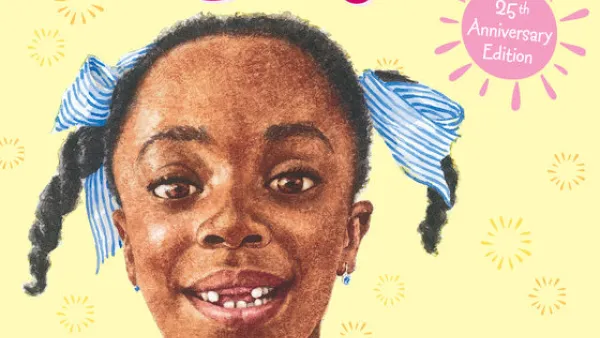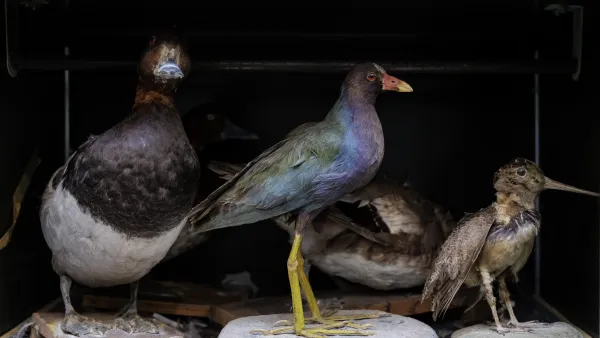
Multidisciplinary scholar and artist Anya Yermakova joins the Center for the Humanities for 2022–24 as an Emerging Voices Fellow, funded by a program from the American Council of Learned Societies (ACLS) that supports recent PhDs in the humanities and humanistic social sciences. They will work closely with the Center for the Humanities’ Redefining Graduate Education in the Humanities initiative (RDE) and Arts & Sciences’ transdisciplinary initiative.
Yermakova earned a PhD in history of science and in critical media practice from Harvard University in 2021. As a Rhodes Scholar at Oxford University, they earned a master’s in science degrees in Russian and East European studies, and in mathematics and computer science. Their undergraduate degrees from Northwestern University are in piano performance and in biochemistry. With this background, they are especially eager to support efforts that integrate artistic practice and research practice.
“I’m also looking forward to surprises,” they say. “I’m excited to find out what these ideas mean at Washington University.”
Tell us about yourself! Where did you grow up? Or, where do you now consider “home”? What do you like to do outside of your work?
I grew up in a small city of Elektrostal, in the Moscow region in Russia. I immigrated to Chicago with my family in the late ’90s when I was 11 years old. My parents still live there, so in a sense, Chicago is home in the United States.
But my sense of home is not easy to define. I think it has become somewhat of a distributed network of people, more so than a clear geographic location. Between immigration and spending a lot of time in South America, doing most of my PhD research in Russia, Ukraine and the Caucuses, teaching several summers in a row at a music camp in Tunisia — I have a longing for many of these places, all of which feel homelike. But mostly, I think one thing immigration teaches you is that home is where the people are who you most care about.
Outside of my work — this sometimes borders on my work in the arts — I like to be in nature. That can include anything from artistic research in the woods, which might result in a dance film or in a music composition, or just going on a bike ride. I love snow. I love mountains. I love bodies of water. I love exploring new natural places and am always amazed how quickly they feel like home, even if in very unfamiliar terrain. I very much look forward to doing that in St. Louis.

How do you describe your academic interests?
My work is about logic and listening — two seemingly very different things.
I think about the ways logic can be — and has been, in history and in non-Eurocentric corners of the world — different from the assumption that “to be logical” is to think in binary terms of true/false. In a synthetic practice of writing, dancing and music-making, I study logics in history and today that were/are in some way, from a modern Western perspective, “bizarre”: Perhaps they were left unfinished, or are underdescribed by the modern logical machinery, or are not immediately recognizable as logics at all.
Much of my research is in both direct and metaphorical conversation with logical experiments that took place at the turn of the 20th century in modern-day Russia and Ukraine. As you can imagine, access is limited to those archives right now, in the current context of the war. So I am working through archival material that I collected over the last decade. I argue that including bodies and sounds into the domain of “logicality” is necessary, that it would be insufficient to discuss their sense-making but prevent them from being actors of logic. Bodies by definition expand logical possibilities: They make salient that logic can be nonbinary, dynamic, embodied, situated — and that logics can be performed and enacted in addition to being inscribed.
All of these ideas came from working with ecosystems (human as much as material) of these archives, but they are also methods that now have a life of their own, applicable to a variety of research questions. In fact, one of the things I will be doing during my time at WashU is applying these very methods toward understanding how to situate Russophone historical research in the context of Russia’s war in Ukraine today — it’s not a trivial thing.
Listening is a method of inquiry that emerged during the creative work that surrounded my archival trips, and I am continuing to expand it. How does one listen to the inaudible? In addition to auditory listening and sonic critical thinking, I think and play with multi-modal listening, with full-body listening. I have also found that listening orientations inspired by more-than-human sensoria are powerful and relevant for this kind of work — there is a connection between listening to human history and listening to evolutionary history. Thus, besides applying listening to the study of peculiar logics in archives, I am interested broadly in listening to proto-worlds and to emergent processes. Oceanic worlds have been particularly inspiring for this thinking, as it is a medium in which listening for the collapse of clarity in binaries such as signal:noise is powerful and rather obvious.

Your interests are so varied! How do they intertwine, or do they compete with one another?
All of my interests seem very much varied to the outside, but in how I think of them and how I experience them, they’ve always been very interconnected. My CV looks very nonlinear because it includes different degrees in seemingly very different disciplines. But if I trace the trajectory of how I got to that discipline, or where the interest was coming from, there’s always some kind of integrated, unified curiosity or motivation or question.
There’s no competition across those different interests precisely because they not only have a common ground, but they complement one another and feedback on one another, sometimes in ways I don’t even really know or I’m not aware of until sometime later.
You were a Rhodes Scholar at Oxford. What did you gain from that experience?
It was like being in an intellectual amusement park. Oxford is a very international place. When I was there, something like 70% of the graduate students were from outside of the UK. I was surrounded by endlessly curious individuals. That didn’t end when you walked out of a lecture hall; it pervaded the pubs and cafés and parks.
I had a lot of fun learning and soaking up different perspectives, being exposed to different issues that I hadn’t thought about, and hearing people from very different parts of the world talk about them. It’s the kind of perspective one gathers when traveling, but this was a concentrated form because there were so many different nationalities and continents represented that I hadn't been exposed to before. It was really gratifying to be a participant in that ecosystem.
One of my favorite examples is the way I wrote my dissertation in mathematics and computer science. I was meeting regularly at a pub with my professor, and I had never really had that experience of having close, informal, friendly connections with my mentors. Just having a beer, sitting at a pub and working through the details of my thesis — the framework for this logical system that I was devising — while there’s some loud metal music playing in the background. It was the synthesis of very disparate worlds, and I loved being at the center of that synthesis.




